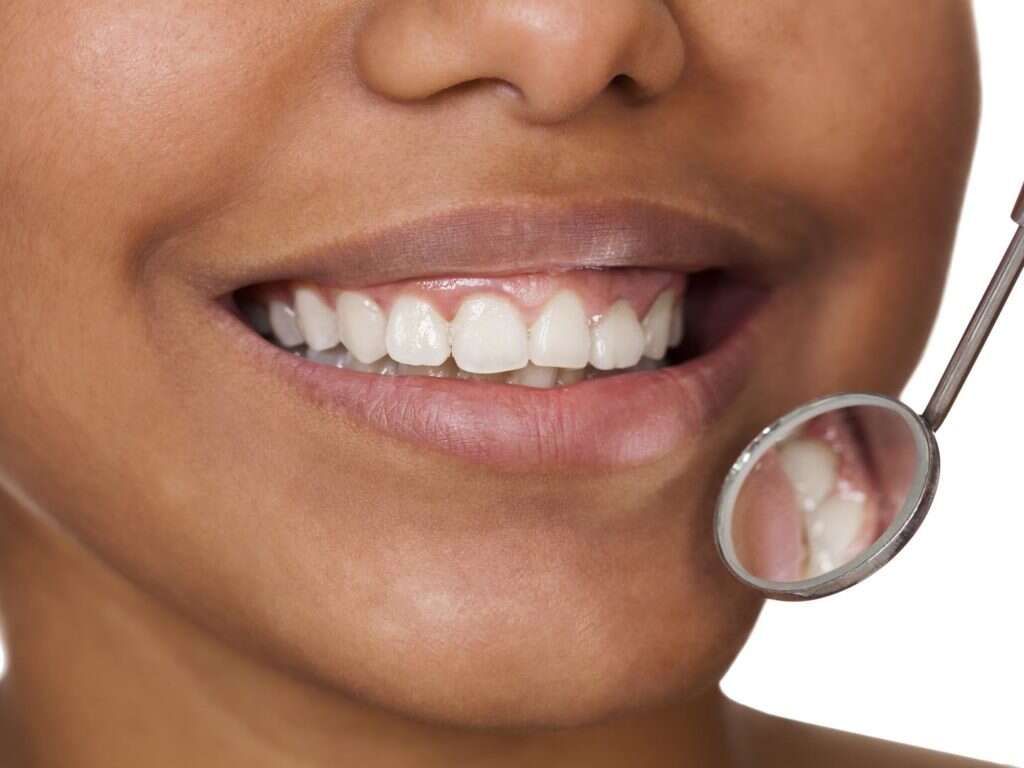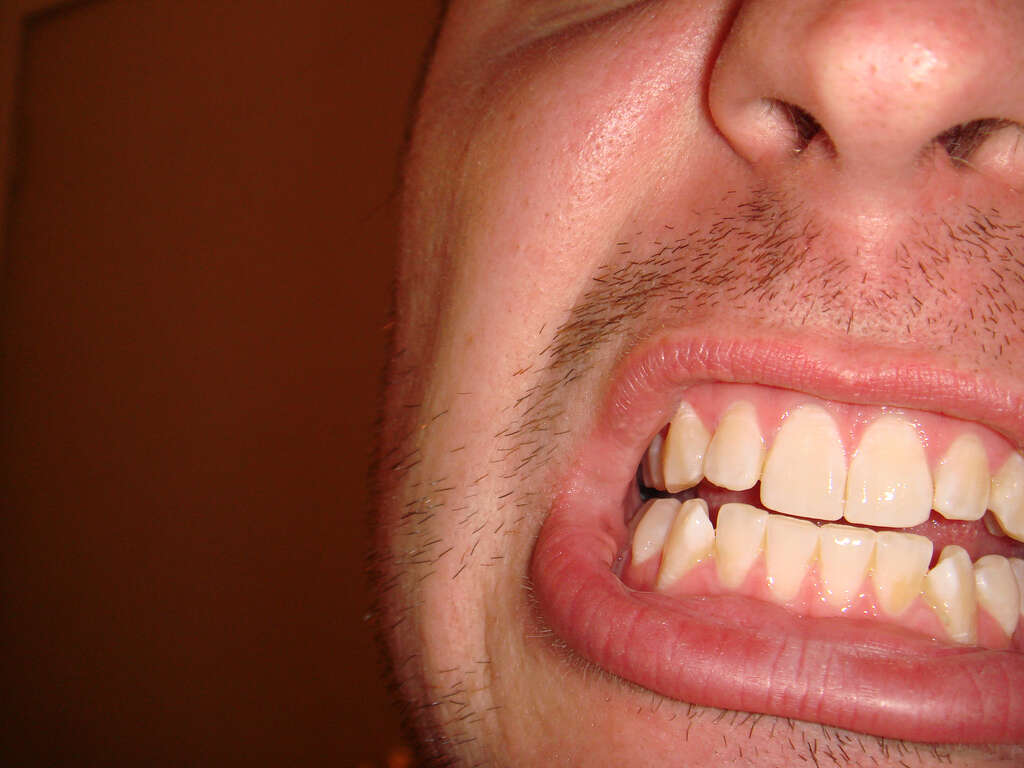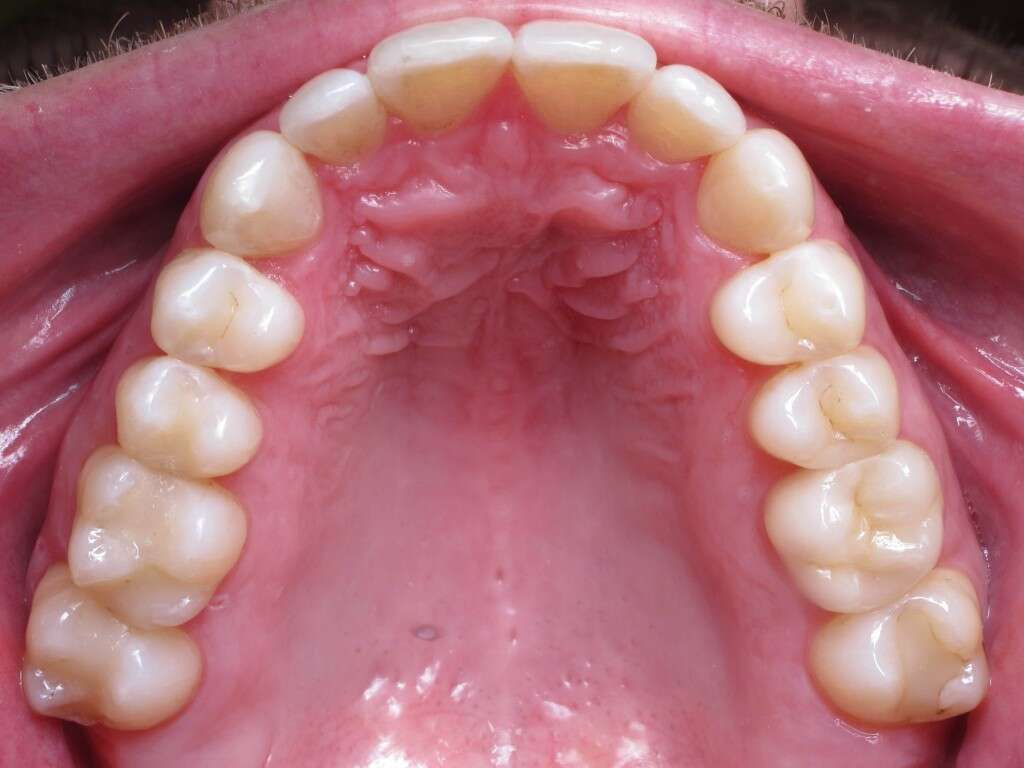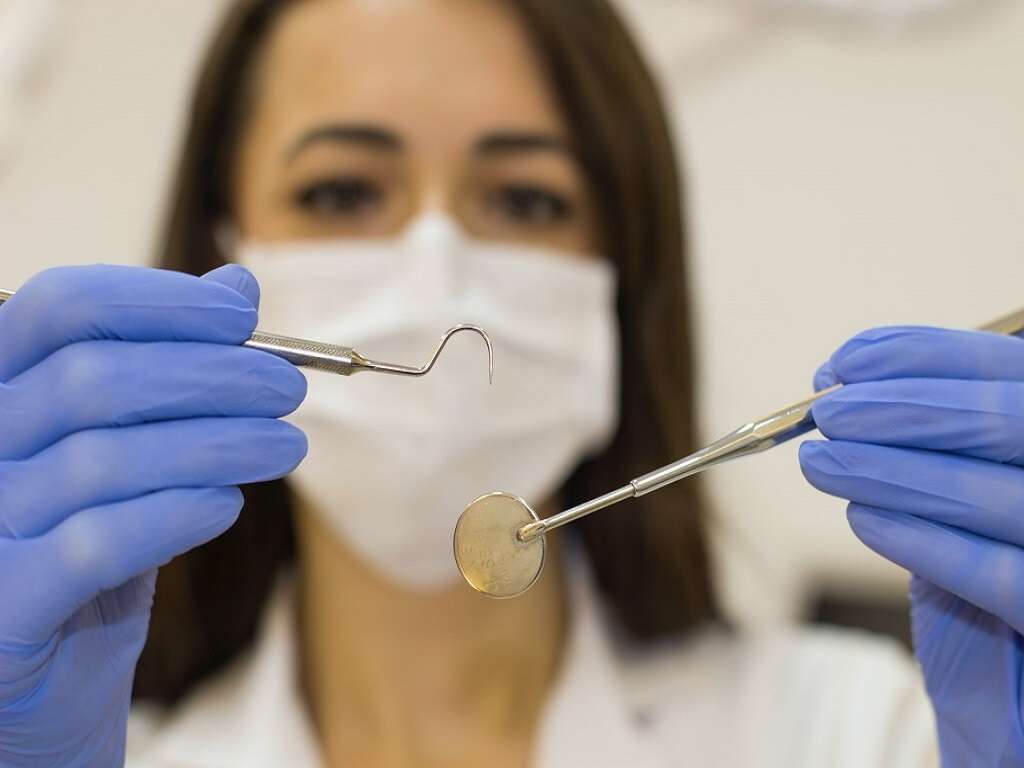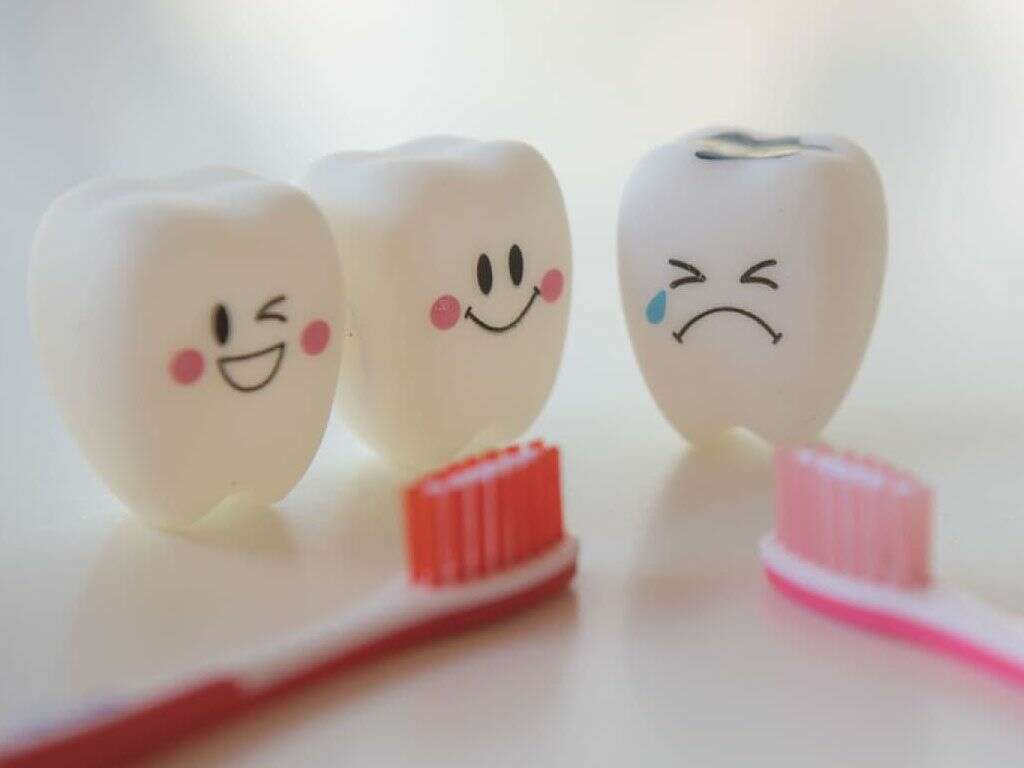What Is Mouth Cancer?
Mouth cancer is a type of oral cancer that can affect several different parts of the mouth, including the gum tissues, the lips, or the tongue. It is the eighth most common type of cancer among men and affects over 50,000 people in a given year.
There are many different causes of mouth cancer and several different types that can affect people differently. Understanding how mouth cancer progresses and knowing what symptoms to look out for can help people detect the condition early and seek the treatment they need promptly.
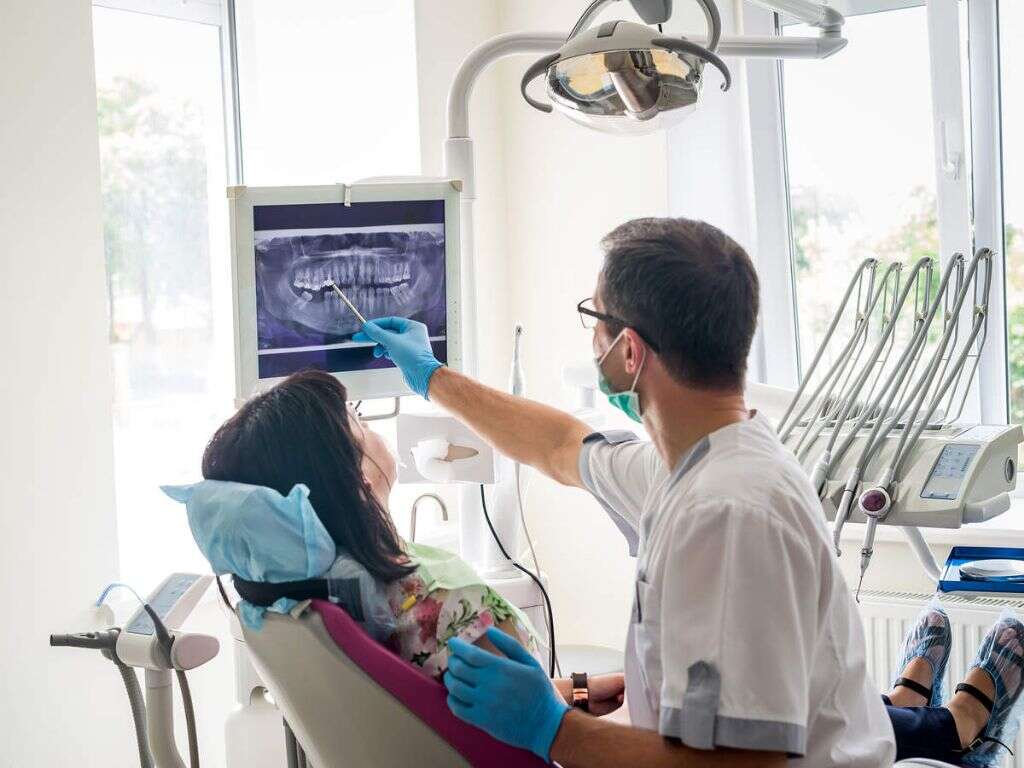
1. What Are the Symptoms of Mouth Cancer?
There are several different symptoms that someone with mouth cancer may experience. A visual sore or lesion on the mouth or lip that won’t go away is one of the main signs people notice. Marks may be red, white, or gray in appearance.
Another symptom is pain in various areas of the mouth or in the ears. Individuals may also have difficulty or pain swallowing, which can be accompanied by a sore throat. Other signs that should draw concern are cold sores that don’t heal, several loose teeth, or a noticeable lump anywhere in the mouth that may be tender.

2. What Are the Different Types of Mouth Cancer?
The most common type of oral cancer is squamous cell carcinoma, with over 90% of cases fitting into this category. While squamous cells are a normal part of the mouth and throat, they can mutate and become cancerous. These cells can also develop into verrucous carcinoma, which is a cancer that grows slowly and often does not spread throughout the mouth.
Cancer can also develop in the minor salivary glands, causing minor salivary gland carcinomas, or in the lymph tissue, causing lymphoma. In some cases, oral cavity tumors can become cancerous over time. Leukoplakia and erythroplakia are two other conditions considered precancerous as they can develop into cancer later down the road.
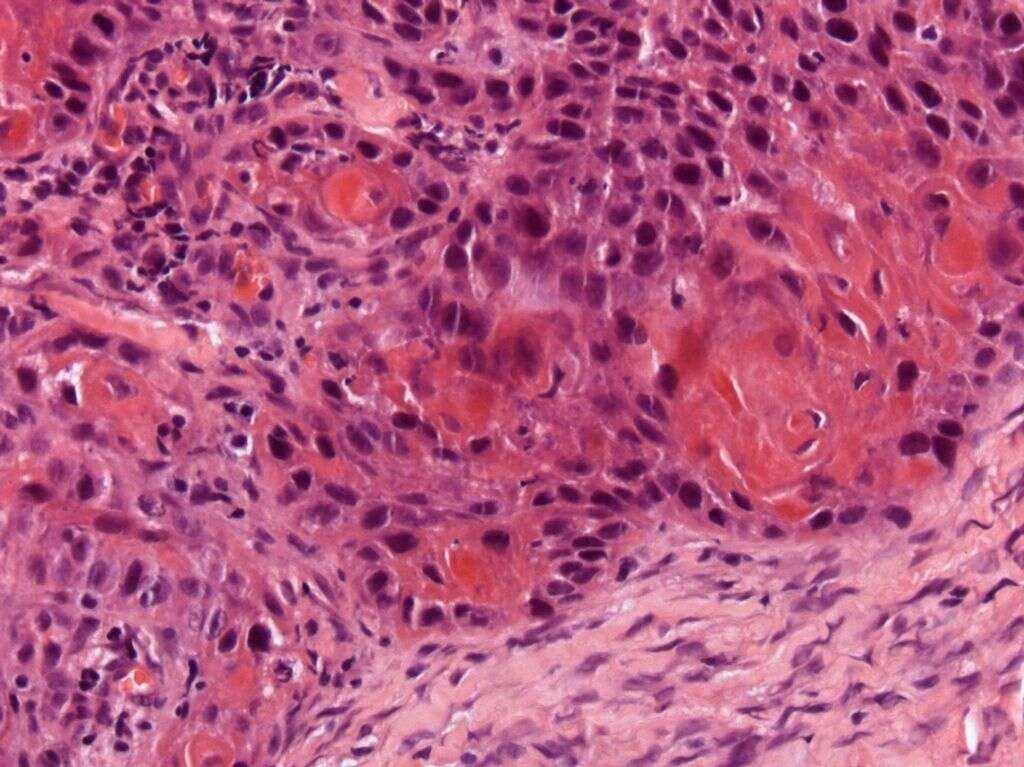
3. How Is Mouth Cancer Diagnosed?
A physical exam is often the first step in diagnosing mouth cancer. Most dentists perform an oral cancer exam during every dental appointment, looking for any strange sores or bumps in the mouth. Maintaining these appointments every six months is an important way to discover any potential signs of cancer early on.
If any tissues look suspicious, samples are taken of the area and sent to a lab for biopsy. If the test comes back positive for cancer, the next step to evaluate the extent by performing imaging tests and doing an endoscopy to check if the disease has spread to other parts of the body.

4. How Long Does It Take To Get Back Results?
It often does not take the lab much time to test a tissue sample and get the biopsy results. In most cases, patients may get a call back from the dentist or doctor’s office as soon as two to three days following the biopsy procedure. However, some cases require further examination that can take a week or more.
Patients similarly have to wait to receive the results back from imaging tests, as it takes time to interpret the scans. This information is then sent back to the doctor who can relay the results to the patient. This can take as little as 24 hours or more depending on the situation.
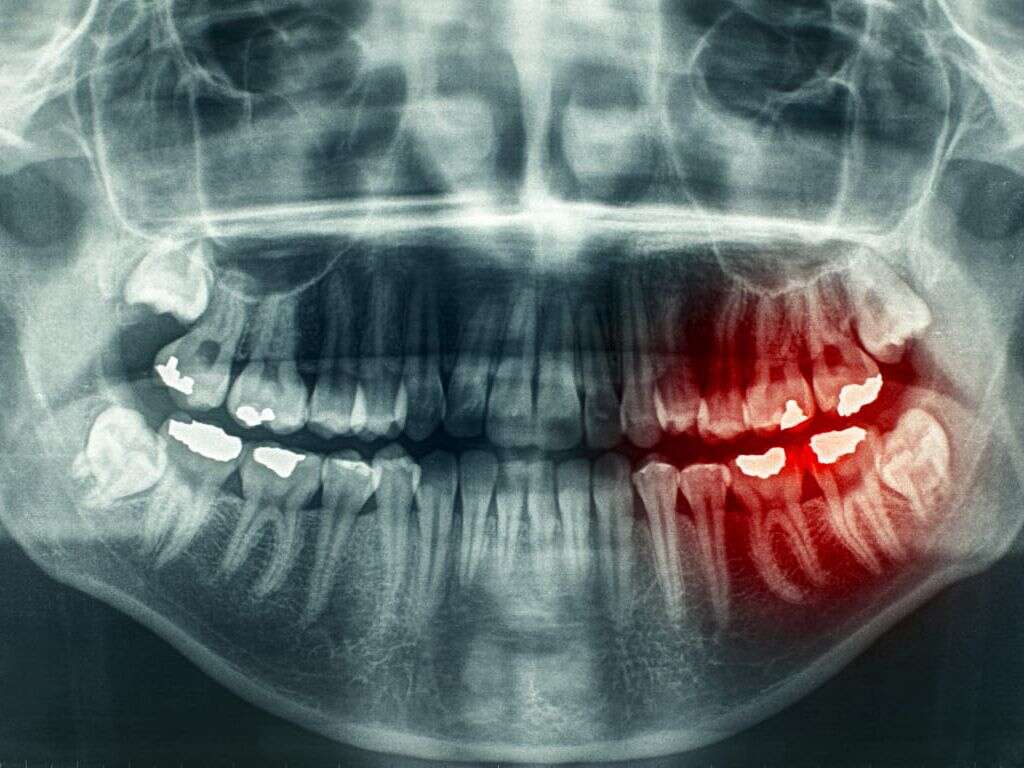
5. Is Mouth Cancer Treatable?
Oral cancer is a treatable condition, and, like most other cancers, is more easily cured the sooner it is discovered. Cancer that has spread to other parts of the body, especially the nerves, blood vessels, or lymph nodes, are at higher risk of causing death or spreading faster throughout the body.
In general, mouth cancer has a 65% 5-year survival rate. However, early detection brings this rate up to 84%, while late detection can bring this rate down to 39%. Currently, about 29% of cases are caught early on. There are about 10,000 deaths in a given year from oral cancer.
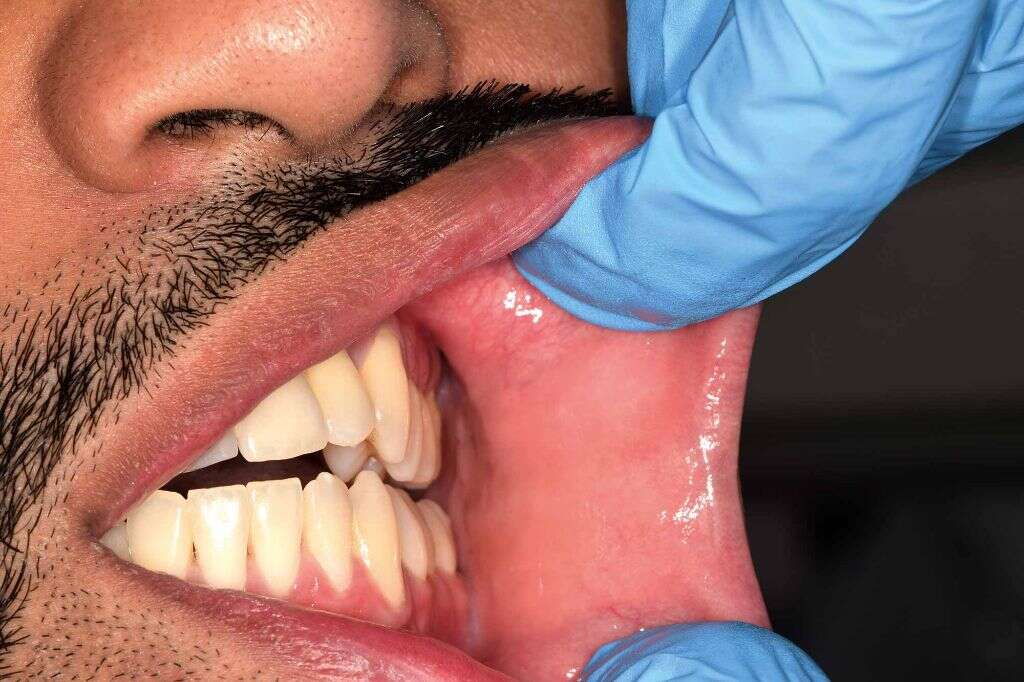
6. What Types of Treatments Are Used?
The type of treatments administered for mouth cancer depends on the age of the patient, the type of cancer, and the progression of the disease. Surgery can be used to remove a small or large tumor, and additional surgeries can attempt to remove lymph nodes and to reconstruct the mouth if necessary.
Radiation, chemotherapy, immunotherapy, and targeted drug therapy are other options that a doctor may recommend to kill cancer cells and stop their growth. For cases that are caught early, treatment is often pursued. However, late-stage mouth cancer may involve palliative care to help make the patient more comfortable while the cancer takes its natural course.
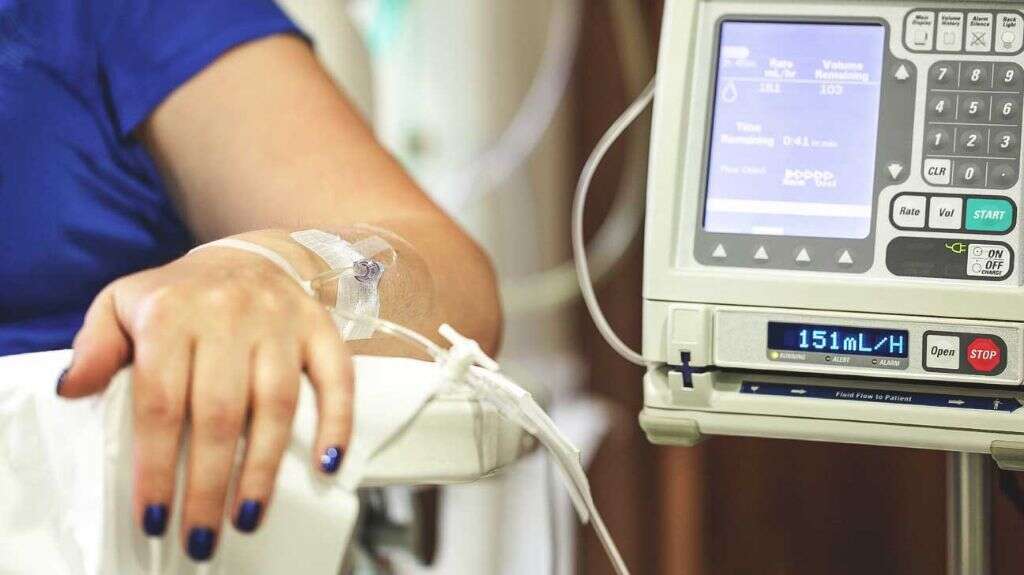
7. How Long Does the Treatment Process Take?
The total treatment time for cancer varies greatly from patient to patient. Though people often want straightforward answers when it comes to what they can expect for the treatment process, there is no exact timeline for when the cancer may be removed.
While surgery can sometimes remove cancer with one procedure, chemotherapy is often administered in cycles. The patient may be given an IV or oral chemotherapy treatment for three to four weeks with a break in between before repeating the process. Frequent testing allows the doctor to monitor the effectiveness of treatment.
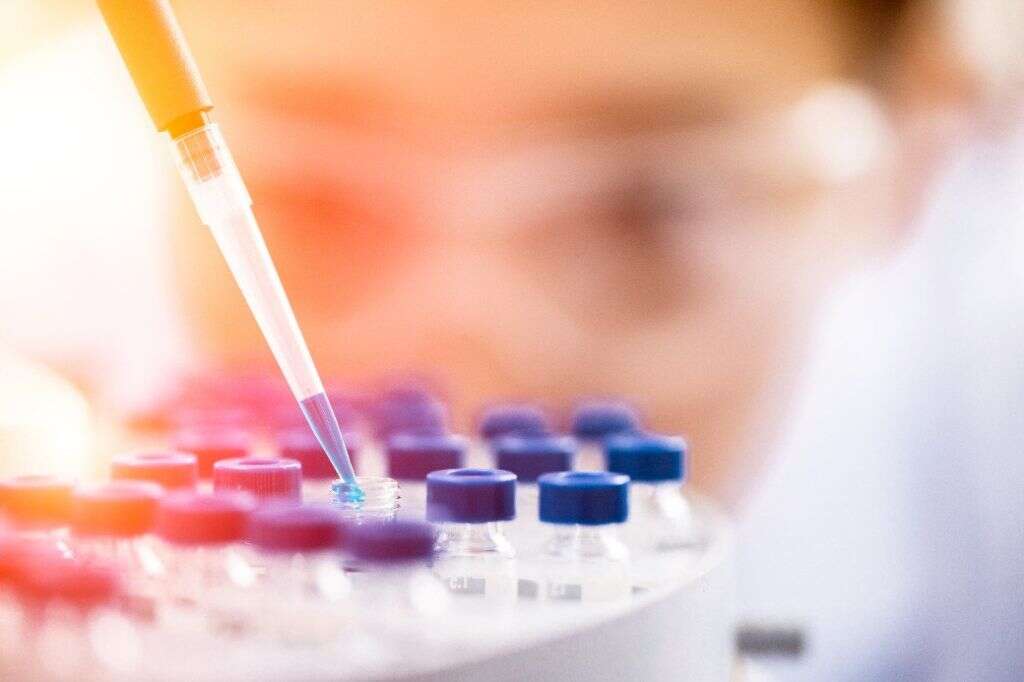
8. Can Mouth Cancer Come Back?
After a patient has successfully completed cancer treatment, it is possible for the cancer to come back and require a second course of treatment. Sometimes this is because the cancer was not fully removed and the remaining cells can continue to grow.
The returning cancer can be local, meaning it returned to the same area as it did before; regional, signifying it occurred in an area close to where it first occurred; or distant, detailing the cancer has appeared in a completely different part of the body. The treatment plan will depend on which category it falls into.

9. How Can You Prevent Mouth Cancer?
While some people can follow all the recommended prevention tips and still develop mouth cancer, refraining from certain activities can reduce the risk. Avoiding tobacco use and limiting alcohol consumption are two ways to prevent it.
You should also wear SPF lip chap to protect the lips from sun exposure. Seeing a dentist regularly for dental exams can help you identify any warning signs early on or get benign tumors removed before they become cancerous.
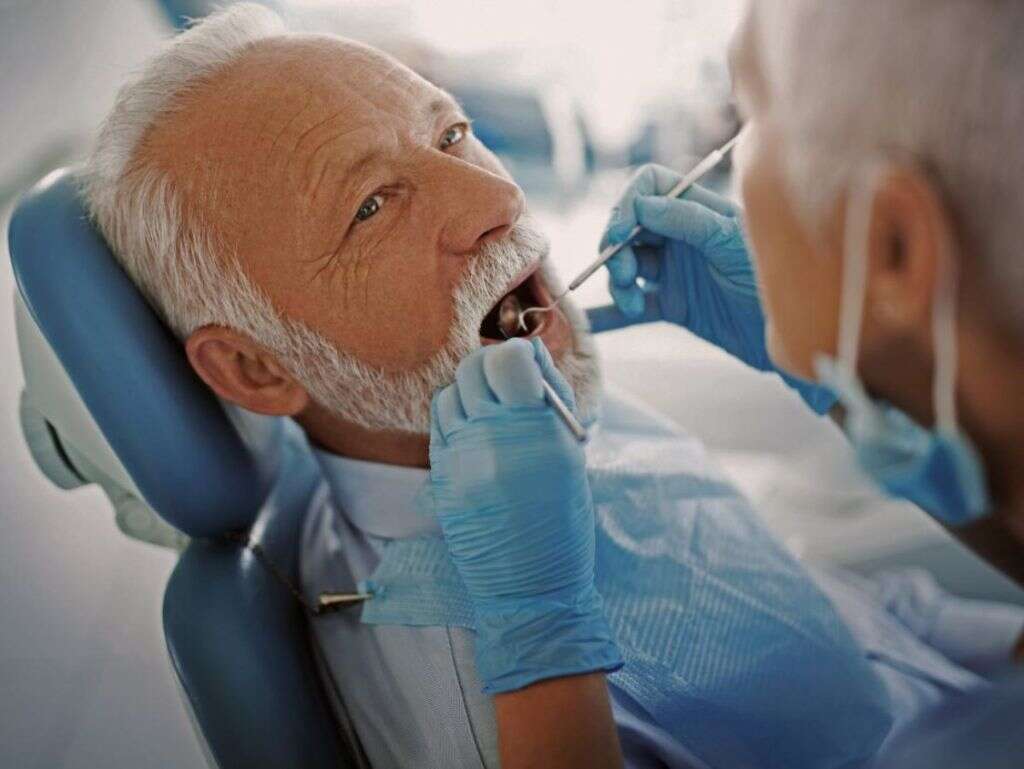
10. Who Is At Risk for Developing Mouth Cancer?
Anyone can potentially develop mouth cancer, but some people are more likely to get it than others. For instance, smoking, using tobacco products, and consuming alcohol can increase your risk of developing mouth cancer.
People with human papillomavirus or a weak immune system are also at risk. Patients should notify a doctor or dentist if they meet these criteria, as more frequent checks may be necessary.





